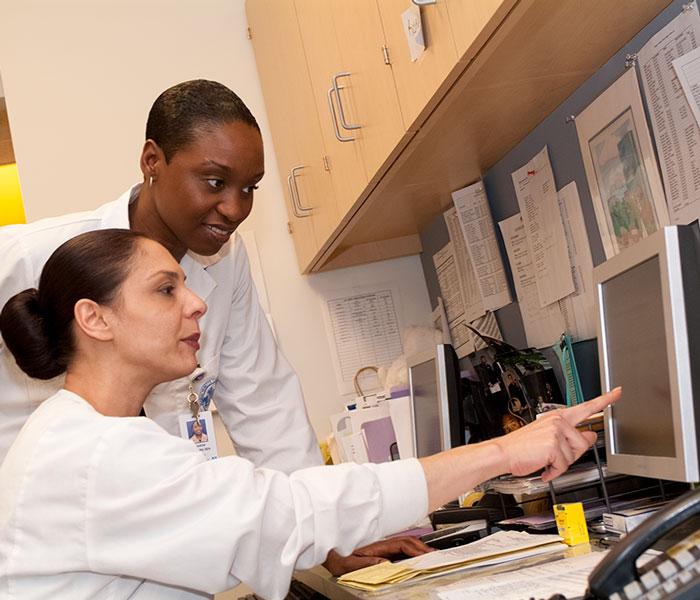Zika disease (ZIKV) is a viral infection spread to humans primarily through the Aedes species of mosquito. ZIKV can also be passed through sexual conduct and vertical transmission from mother to fetus during pregnancy. In February 2016, the World Health Organization declared the spread of ZIKV to be a public health emergency, citing clusters of neurologic-related conditions and birth defects corresponding with geographical outbreaks of the illness. Local transmission risks within the United States are unknown. The Centers for Disease Control and Prevention (CDC) has maps with historical and current data, along with infectious transmission information.
Up to 80% of those infected with ZIKV are asymptomatic. The most common symptoms are fever, maculopapular rash, arthralgia, headache, and conjunctivitis usually beginning as mild and lasting for several days to a week after the initial infection exposure.
Progression of the infection may lead to Guillain-Barré Syndrome and coagulopathy. Additionally, contracting ZIKV during pregnancy can cause severe birth defect including microcephaly, along with myelitis, eye and hearing defects, and impaired growth and development. Once infected, humans likely develop acquired immunity to future ZIKV infection.
With the ZIKV outbreak rapidly evolving and increases in travel during the summer months, new cases of ZIKV in patients living with cancer can be anticipated. A recent article in the Journal of Global Oncology discusses the uncertain impact of ZIKV on various oncology populations. Patients who are immunosuppressed, have multiple coexisting conditions, or frequently travel are particularly vulnerable.
Recommendations are to increase assessment parameters related to recent travel, and when patients present with fever and neurological dysfunction. If infection is suspected, the use of aspirin and other anti-inflammatory medications is contraindicated and of great importance in patients with cancer who already have reduced platelet counts. Clinicians also need to consider self-care strategies for patients in the post-treatment and survivorship phases who desire to become pregnant, and oncology nurses of childbearing potential who may be exposed to ZIKV in practice.
The American Nursing Association has ZIKV-related preparedness and response resources, including symptom recognition and identification of patients who are most vulnerable to this infection. The CDC also has tools to guide clinical prevention, evaluation, and diagnosis of ZIKV along with a U.S. tracking registry.






